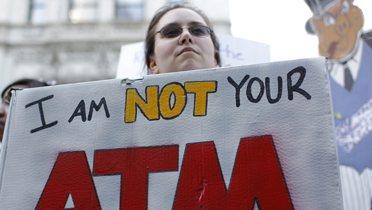In this paper, Betsey Stevenson and Justin Wolfers document that trust in public institutions—and particularly trust in banks, business and government—has declined over recent years. U.S. time series evidence suggests that this partly reflects the pro-cyclical nature of trust in institutions. Cross-country comparisons reveal a clear legacy of the Great Recession, and those countries whose unemployment grew the most suffered the biggest loss in confidence in institutions, particularly in trust in government and the financial sector. Finally, analysis of several repeated cross-sections of confidence within U.S. states yields similar qualitative patterns, but much smaller magnitudes in response to state-specific shocks.
INTRODUCTION
This paper explores the link between two coincident events: The Great Recession, and the current high levels of mistrust the American people have for public institutions. We begin by documenting the recent sharp decline in the confidence the American public has in their government, financial and business sectors, and to a lesser extent, their media and their courts. We are motivated by our own casual empiricism which suggests that widespread mistrust has been an important constraint on policymakers attempting to pass expansionary macroeconomic policies in the wake of the Great Recession. We then assess whether this decline in trust is a standard cyclical response, whether it reflects other factors, or whether it is due to the specific character of the current downturn. There has been little research documenting whether trust varies with the business cycle, and indeed, Robert Z. Lawrence (1997, p.132) notes that “our understanding of the links between economic performance and trust leaves much to be desired.” Our contribution therefore lies in our demonstration of how trust moves with the business cycle, using both data on the United States and cross-country comparisons.
The Brookings Institution is committed to quality, independence, and impact.
We are supported by a diverse array of funders. In line with our values and policies, each Brookings publication represents the sole views of its author(s).





